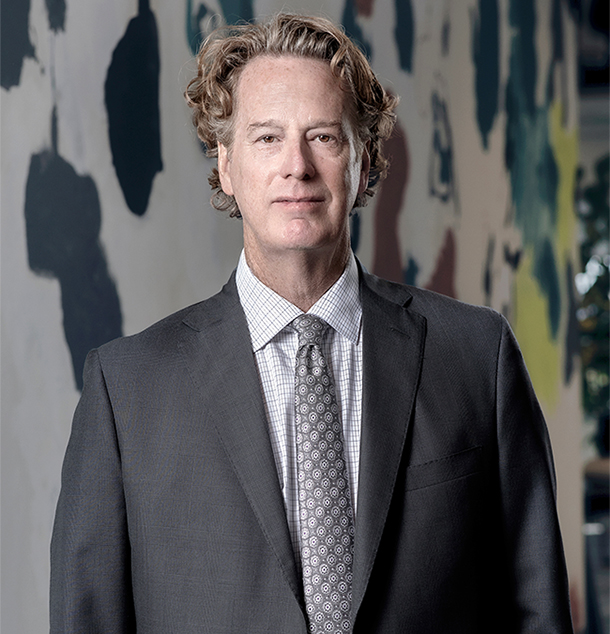The Impact of Delayed Disclosure on Sexual Abuse Cases in California: It’s Never Too Late to Seek Help

Even though delays in disclosure can shift the timeline of a sexual abuse case, it’s important for survivors to know that it is never too late to come forward. Thanks to changes in California law and a growing understanding of trauma, more survivors are finding pathways to justice years after their experiences of abuse. Let’s explore why delayed disclosure is so common in sexual abuse cases and discuss how survivors can have their voices heard – even if their abuse took place several years in the past.
Why is delayed disclosure so common?
One of the most misunderstood aspects of sexual abuse is the delay in reporting. Some individuals who have not experienced sexual trauma may not understand why a survivor would choose not to immediately report an incident of abuse or assault. There may even be an underlying assumption that if a survivor fails to report their abuse, the abuse must not have been that serious to begin with. In reality, however, this could not be further from the truth.
It is a well-known fact that many survivors of sexual trauma do not disclose their trauma until months or even years after the abuse occurred. This delayed disclosure is attributable to a variety of factors, many of which have been explored in research studies and surveys.
Here are some of the most commonly-cited reasons for delayed disclosure in sexual abuse cases:
- Fear of not being believed
- Shame or guilt instilled by the abuser
- Emotional or psychological trauma that makes speaking out feel impossible
- Lack of care or support from non-abusing caregivers
- Fear of retaliation by the abuser or community
- A lack of understanding and education about what constitutes abuse
- Institutional pressure to stay silent from schools, religious groups or other organizations
Additionally, some survivors may be more likely to delay their disclosure based on factors like their age, gender, relationship to the abuser, socioeconomic status and more. Research also suggests that individuals who suffer more severe, prolonged forms of abuse tend to further delay their disclosure, thus resulting in potentially large gaps between incidents and reports. It is also not uncommon for survivors of a wide variety of backgrounds and identities to suppress memories of their abuse or attempt to convince themselves that what they went through wasn’t that “serious.” In these cases, it may take years of therapy and processing before a survivor feels ready to confront what happened and take steps to seek justice.
How California law supports victims
In recent years, California has taken significant steps towards better supporting survivors who delay reporting sexual abuse. Lawmakers have recognized that healing takes time, and that the legal system should reflect the reality of trauma. California eliminated the civil statute of limitations for childhood sexual abuse cases that occurred on or after January 1, 2024, under Assembly Bill 452. For abuse that occurred before 2024, the law still allows survivors to file claims until they reach age 40, or within five years of discovering harm, whichever is later, under Assembly Bill 218. This means victims of childhood sexual abuse can file civil claims long after the abuse occurred. For adult victims, the statute of limitations is ten years from the date of the act, or three years from when the victim knew or should have known about an injury or illness resulting from the act.
It’s important for survivors to understand that they have legal options available to them, even if their abuse feels like a thing of the past. The State of California provides ample opportunities for survivors of sexual abuse to pursue justice – both civilly and criminally – so no victim has to suffer in silence.
How delayed disclosure affects a case
While delayed disclosure can pose certain logistical challenges, it by no means disqualifies someone from seeking justice. In fact, courts increasingly recognize that the passage of time does not diminish the truth of a survivor’s experience and may actually speak to the nature of the trauma itself.
In civil cases, attorneys can still build a strong case years after abuse has occurred by:
- Identifying reliable witnesses
- Gathering witness statements and corroborating evidence
- Reviewing medical records, employment/academic histories and other relevant documentation
- Consulting experts in trauma and abuse
- Hiring expert witnesses to speak to the long term effects of sexual abuse and factors influencing delayed disclosure
- Requesting psychological or other health assessments
A comprehensive assortment of evidence and records can all work together to build a clear and compelling case to support a survivor’s claims years after their abuse began or ended. An experienced California sexual abuse lawyer can help judges and juries understand the factors that may have contributed to a survivor’s delayed disclosure and leverage that understanding into a convincing case for justice.
It’s never too late to fight for what’s right
Whether the abuse happened last year or 30 years ago, survivors deserve to be heard and understood. It takes strength, heart and courage to come forward in what often feels like a complicated and hostile legal landscape. Whether you’ve only begun processing your abuse or have just been waiting for the right time to speak out, an experienced sexual abuse attorney can help you take the next step that’s right for you.
At Taylor & Ring, we believe sexual abuse survivors shouldn’t have to suffer alone. Our team is committed to providing compassionate, confidential and experienced legal support to survivors of sexual abuse from all walks of life. We know the law, and we know how to advocate for you. If you’re on the fence about coming forward or just don’t know how to proceed, we are standing by to help steer you towards the right move for your case.
Contact us to schedule a consultation with a member of our team, and let’s take the next step towards getting the justice you deserve.

David Ring is a nationally renowned plaintiff’s personal injury trial attorney and has obtained multi-million dollar verdicts and settlements on behalf of seriously-injured individuals or families who have lost a loved one in a tragic accident. For more than 20 years, he has represented victims of sexual abuse, sexual harassment, assault, molestation and sexual misconduct in cases against a variety of employers and entities, including schools, churches and youth organizations.
He prides himself on providing aggressive, yet compassionate representation for children who have been sexually abused and women who have been sexually harassed or assaulted. Read more about David M. Ring.

